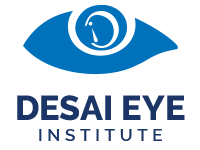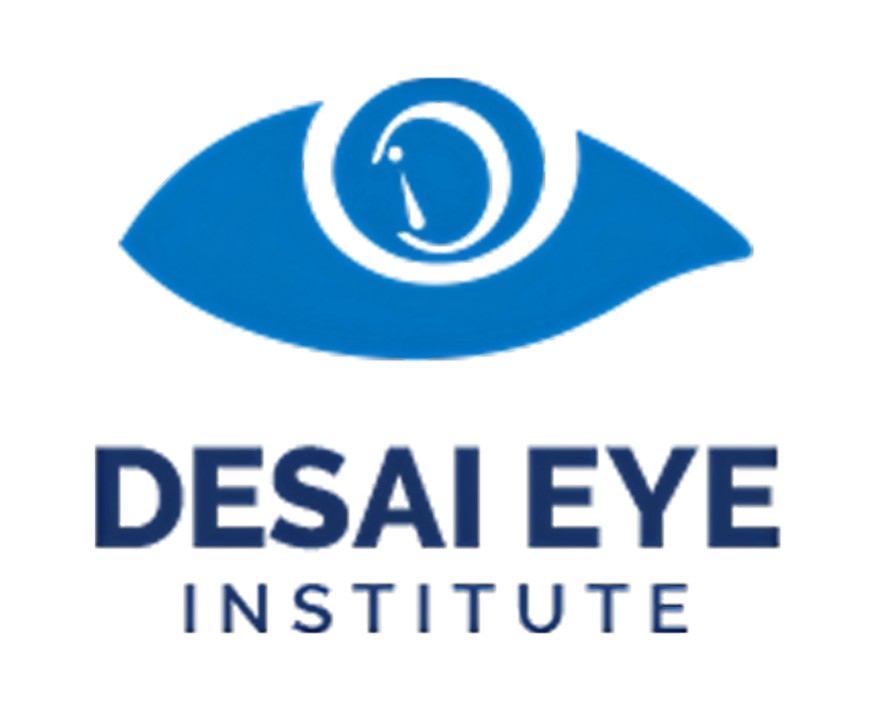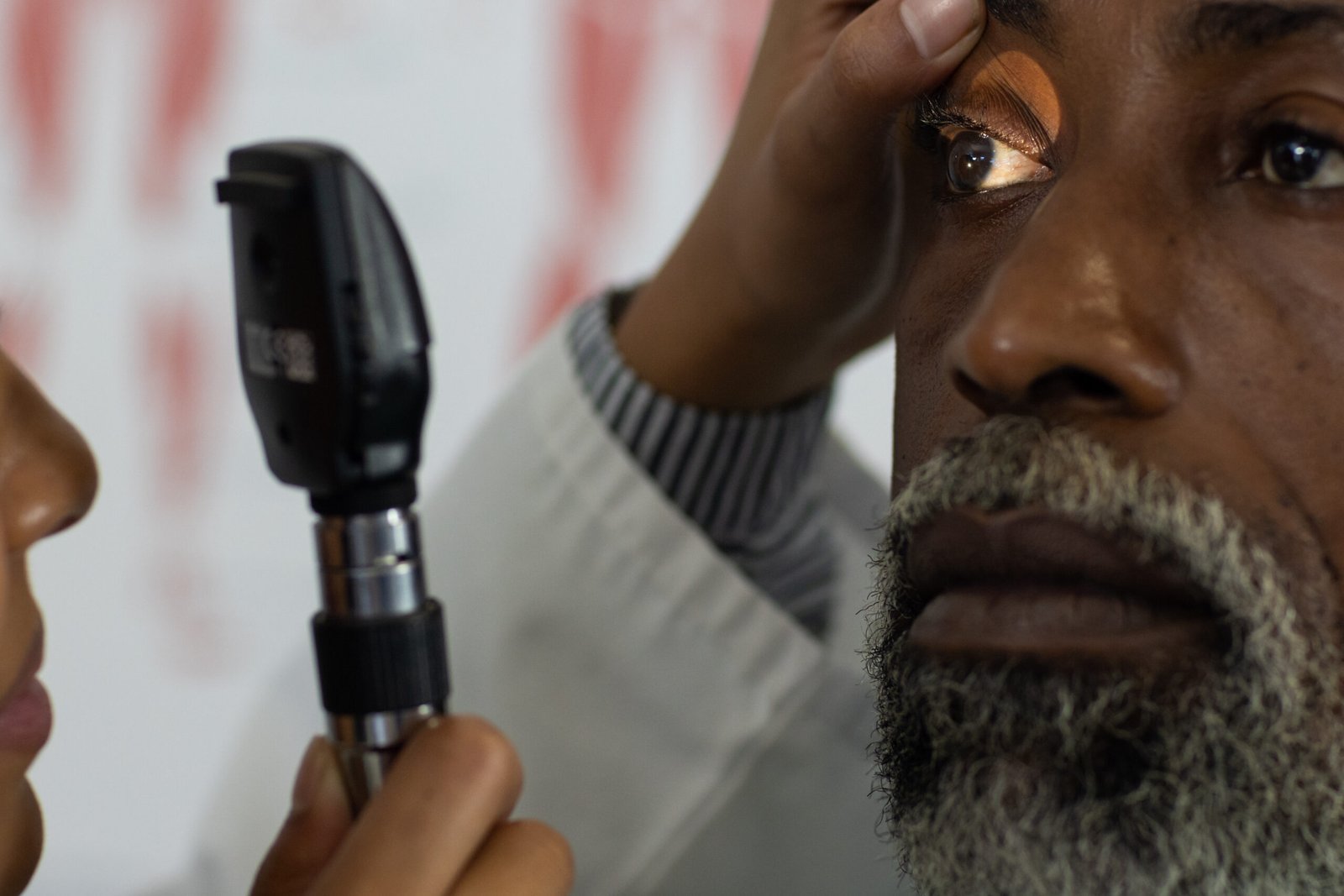Increased humidity, stagnant water, and poor hygiene during rains create the perfect environment for eye infections to thrive—particularly corneal infections, which can severely affect vision if not treated on time.
As a leading Eye care hospital in Vadodara, Desai Eye Institute is here to spread awareness on how monsoon conditions contribute to corneal infections, the symptoms you should watch for, and what steps you can take to protect your eyes.
Why Corneal Infections Rise During the Monsoon
The cornea is the clear, dome-shaped surface that covers the front of the eye. It plays a crucial role in focusing your vision. During the monsoon, several factors contribute to an increased risk of corneal infections:
Bacterial and Fungal Growth: High humidity and moisture promote the growth of microorganisms. Dirty water splashes, wet contact lenses, or rubbing eyes with contaminated hands can introduce bacteria or fungi to the eye surface.
Allergens in the Air: Pollen, dust, and mold spores become airborne, irritating the eyes and compromising the protective layer of the cornea.
Poor Hygiene Practices: With wet weather and damp surroundings, it’s easy to neglect hand hygiene or wear contaminated contact lenses.
If left untreated, a corneal infection can lead to ulcers, scarring, and even permanent vision loss. It is essential to consult a Cornea Specialist in Gujarat as soon as symptoms appear.
Symptoms to Watch Out For
If you experience any of the following, seek immediate help from an advance eye care Vadodara expert:
Redness and pain in the eye
Blurred vision
Sensitivity to light
Excessive tearing or discharge
A feeling of something being stuck in the eye
White or greyish spot visible on the cornea
Maintain Eye Hygiene: Always wash your hands before touching your eyes or lenses.
Avoid Splashy Areas: Stay away from dirty rainwater, puddles, and overflowing drains.
Clean Contact Lenses Properly: Never wear them longer than advised and avoid wearing them during rain exposure.
Protective Eyewear: Use glasses when stepping out to shield your eyes from debris and infections.
Don’t Self-Medicate: Avoid using over-the-counter eye drops unless prescribed by an eye doctor.
What to Do If You Suspect an Infection?
If you’re experiencing persistent discomfort or suspect an infection, consult the Best Cataract Surgeon in Gujarat or a Cornea Specialist in Gujarat at Desai Eye Institute. Early diagnosis and prompt treatment are key to preventing complications. We offer comprehensive treatments including anti-fungal, anti-bacterial therapy, and advanced surgical options if needed.
We also provide specialized services like Dry Eye treatment in Vadodara, which often worsens during monsoon due to indoor allergens and air-conditioning.
Why Choose Desai Eye Institute?
As a premier Eye care hospital in Vadodara, Desai Eye Institute and Research Centre has been a beacon of trust and innovation in ophthalmic care. Known for housing the Best Cataract Surgeon in Gujarat, our team of highly trained professionals uses cutting-edge technology to treat complex eye disorders with precision and compassion.
Whether you’re looking for routine eye exams or advance eye care Vadodara services, our legacy of excellence ensures you receive the highest standard of care.
Final Thoughts
Don’t let the monsoon cloud your vision. Stay alert, practice good hygiene, and reach out to the Best Eye Hospital in Vadodara for Advance Eye Care—Desai Eye Institute—at the first sign of trouble. Let’s keep your world in focus, rain or shine.


